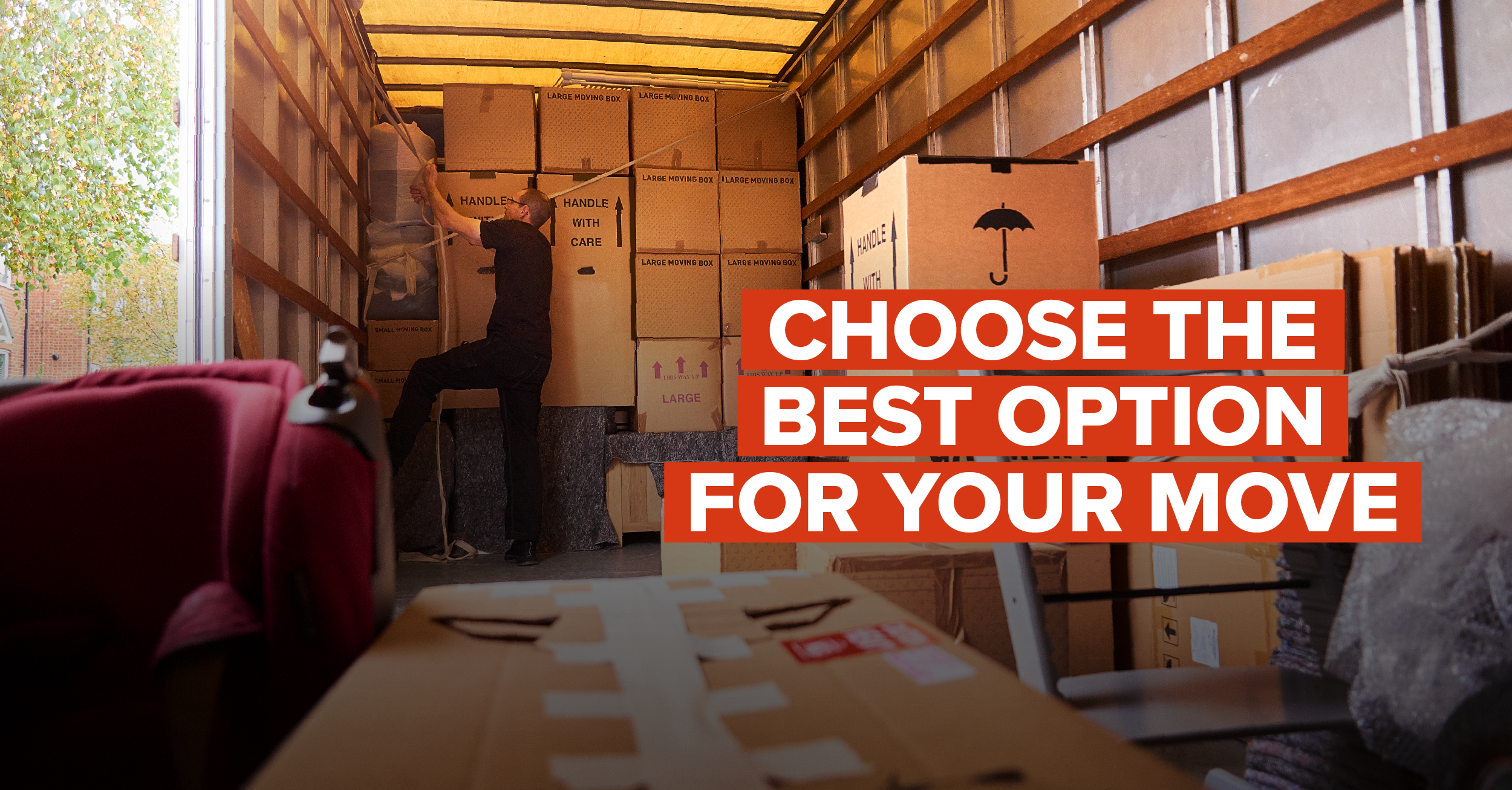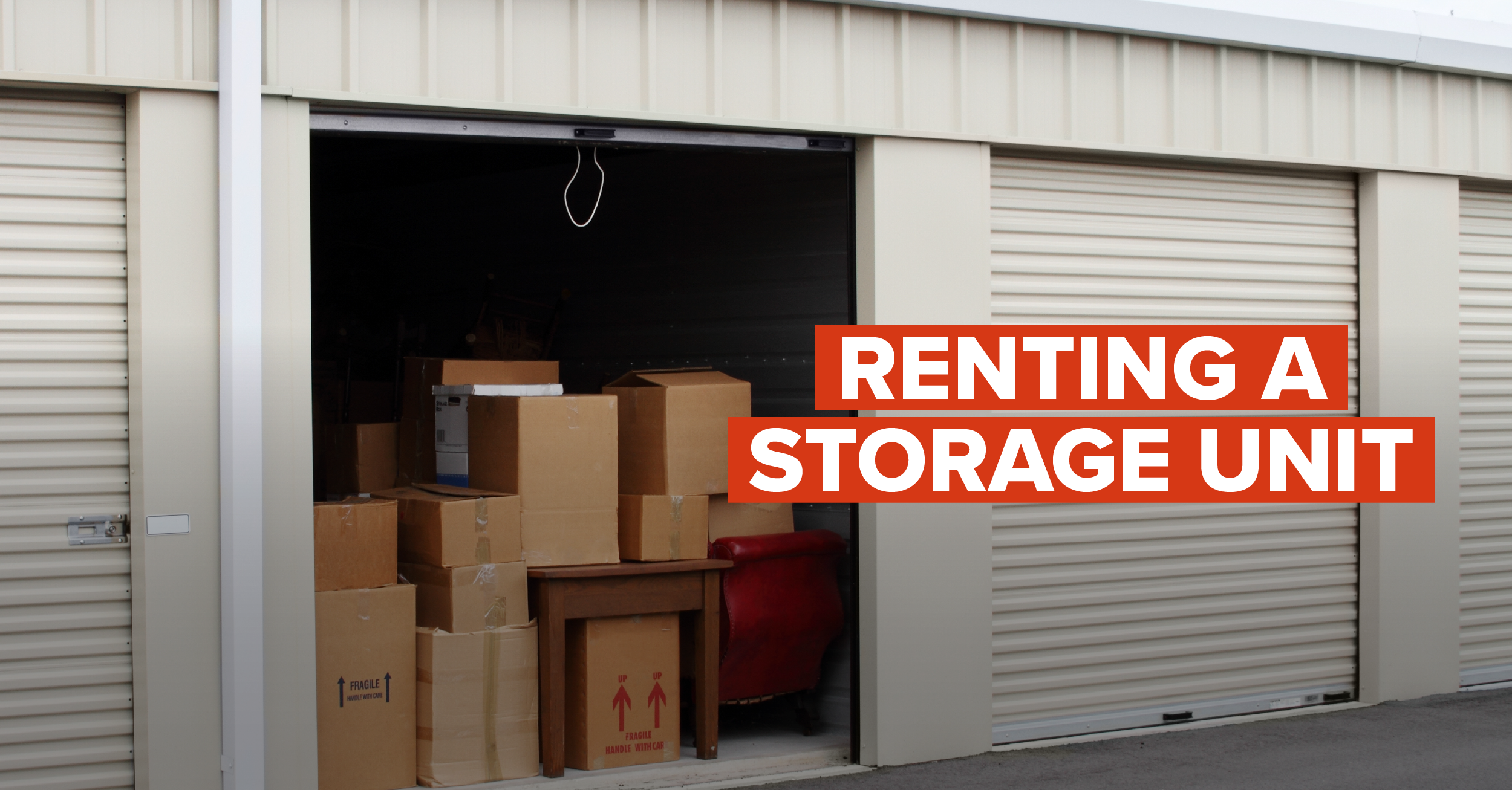Have a move coming up? Find a mover you can trust with help from the BBB.
Moving is more than just relocating your belongings to a new home.
Moving across town or the country requires time, patience, money, and, most importantly, trust. Movers are among the top categories of companies searched on BBB.org, which has BBB Business Profiles on more than 13,000 moving-related companies*. With all that competition, you will want to look for the most reputable company to handle your precious belongings.
In 2023, consumers accessed moving companies' BBB Business Profiles more than 1.5 million times, while customers filed over 5,900 complaints about movers and moving companies with BBB.* These complaints ranged from damaged or missing items to unexpected expenses and late deliveries. To avoid moving mishaps, consumers must be vigilant in selecting a trustworthy mover.
*BBB research 2023
BBB encourages movers to be mindful of these moving misfortunes:






